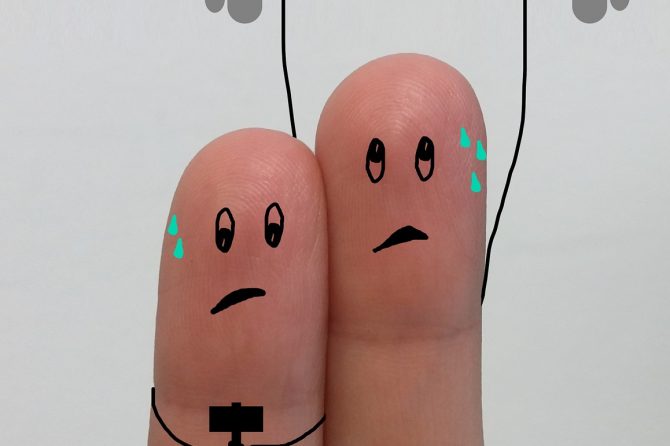
Do You Need an Endocrinologist?
What Is Endocrinology? Endocrinology is a specialty that offers advanced training in the endocrine system, which includes various glands and organs that secrete hormones such as the thyroid, pancreas (diabetes), testes, and adrenal glands, among others. Endocrinologists also commonly treat osteoporosis. Today, let’s discuss the thyroid gland and more specifically hypothyroidism (an underactive thyroid).
Read more




